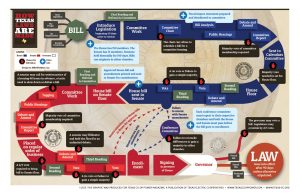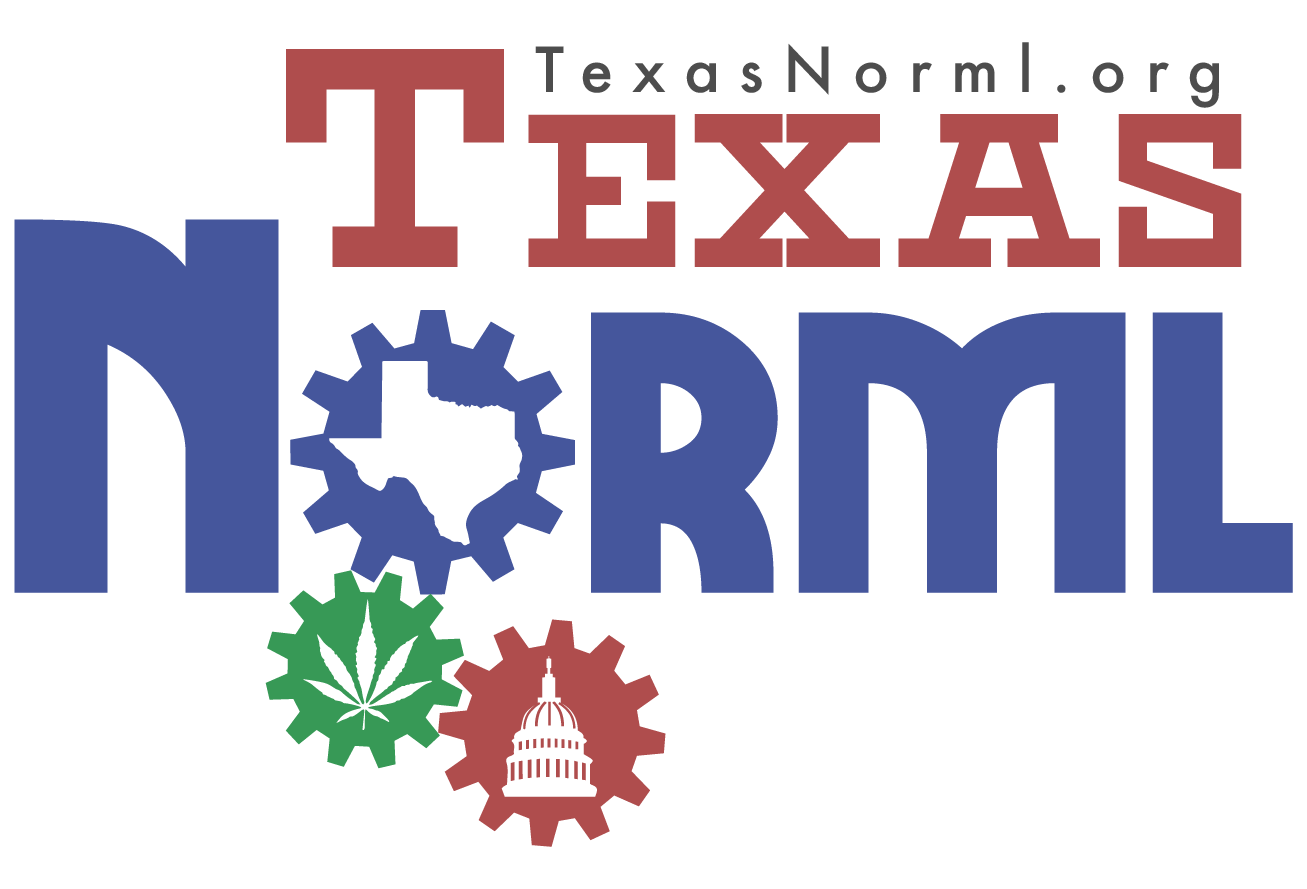[vc_row full_width=”stretch_row_content_no_spaces”][vc_column][vc_single_image image=”1977310″ img_size=”full” alignment=”center”][/vc_column][/vc_row][vc_row][vc_column width=”1/6″][/vc_column][vc_column width=”2/3″][vc_column_text]
Activist Training
Texas NORML – A Preparation for Legislative Sessions
The only way to change marijuana laws in Texas is through the legislature. The Texas House of Representatives and Senate meet every two years for approximately 140 days.

It is an intense process, over 10,000 bills are filed on average per legislative session. Each bill must first be introduced by a House and/or Senate Member with as many co‐sponsors as possible. Next, the bill will be assigned to a committee based on the code of law it would modify. The committee may hold a hearing with public testimony and vote to move the bill forward to the Calendars Committee (in the House) or the Senate Administration Committee (in the Senate), who may then schedule the bill for a debate by the full House and/or Senate members, with the goal of reaching a favorable vote by a majority of the legislators in the chamber it was filed in. That process must happen in both the House and Senate before it moves on to the lieutenant governor and then governor’s desk to be signed, enacted by default or vetoed.
Texas and over 20 other states in the U.S. cannot collect signatures to place an issue on the ballot for a vote to change state law. Additionally, in 1997, Texas passed a state law requiring that all drug laws be enforced and changed at the state rather than local level. Because of these limitations, Texans must rely on our state elected officials, specifically our state representatives and state senators. Make sure to check out our Voter Guide to see where your Legislator stands on the issue.
Texas NORML holds regular Activist Trainings. We recently joined forces with our coalition, Texans for Responsible Marijuana Policy to expand our Trainings. We put on 16 Regional Advocacy Trainings across the state w continually updated curriculum that kept it relevant to the point in the process we were in.
2019 Regional Advocacy Training Curriculum ~
Legislative Process and Timeline
How Does Medical Cannabis Work?
Capitol Advocacy Workshop 2019 Slideshow
Tips for Crafting Your Testimony
You can view photos of our 2019 Capitol Activist Training Day HERE. Watch the live-stream video HERE.
Please feel free to download these resources and share them with people in your area.
We need all activists to start contacting  their Legislators NOW to start a conversation on cannabis law reform and upcoming cannabis reform bills. You can create an account on My LTO so that you can follow the bills when the Legislator is in session. Find a link to contact your legislators here.
their Legislators NOW to start a conversation on cannabis law reform and upcoming cannabis reform bills. You can create an account on My LTO so that you can follow the bills when the Legislator is in session. Find a link to contact your legislators here.
Older Resources of Notes:
Regional Advocacy Training – 2016 Primaries and Conventions Sildeshow
Regional Advocacy Training 2015 – Engaging with Candidates
Texas Legislative Education Packet
You can view photos of our 2014 Activist Training Day here or watch the video below:
[/vc_column_text][/vc_column][vc_column width=”1/6″][/vc_column][/vc_row]


